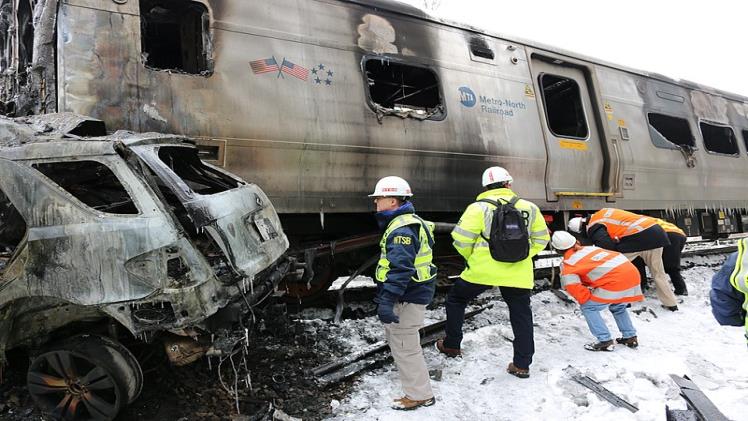Train collisions can be catastrophic, causing significant damage and often resulting in serious injuries or fatalities. In cases where a train collision occurs, determining liability is a complex process that requires careful examination of the facts and circumstances surrounding the incident. In this article, we will discuss some of the factors that contribute to training collision liability. Click here to learn more!
Negligence
Negligence is one of the primary factors contributing to training collision liability. If a train operator or company fails to exercise reasonable care, resulting in an accident, they may be held liable for damages. Examples of negligence include failure to adhere to safety protocols, inadequate maintenance of equipment, and insufficient training of personnel.
Equipment Failure
Equipment failure is another common factor contributing to training collision liability. If any part of a train’s equipment malfunctions, such as the brakes or signals, it can lead to a collision. When this occurs, liability may fall on the train’s manufacturer or the company responsible for maintenance.
Weather Conditions
Weather conditions can also contribute to training collision liability. Severe weather, such as heavy rain, snow, or fog, can impair visibility and affect the performance of the train’s equipment. If a collision occurs due to weather-related factors, liability may fall on the train operator or company responsible for ensuring that their equipment is suitable for the conditions.
Human Error
Human error can play a significant role in train collisions, contributing to liability for operators and companies. For example, if a train operator falls asleep, is distracted, or fails to follow established safety protocols, they may be held liable for resulting damages.
Signal Malfunctions
Signal malfunctions are a common factor in train collisions. When signals fail to alert the train operator of approaching danger, it can lead to a collision. Liability may fall on the company responsible for maintaining the signals or the manufacturer of the signals if they are found to be faulty.
In conclusion, several factors can contribute to train collision liability. Negligence, equipment failure, weather conditions, human error, and signal malfunctions are all common factors that can result in train collisions. If you or a loved one has been involved in a train collision, it’s crucial to speak with an experienced attorney to determine filmy4wep.com who may be liable for the damages. By understanding the factors that contribute to training collision liability, you can better protect yourself and ensure that you receive the compensation you deserve.

